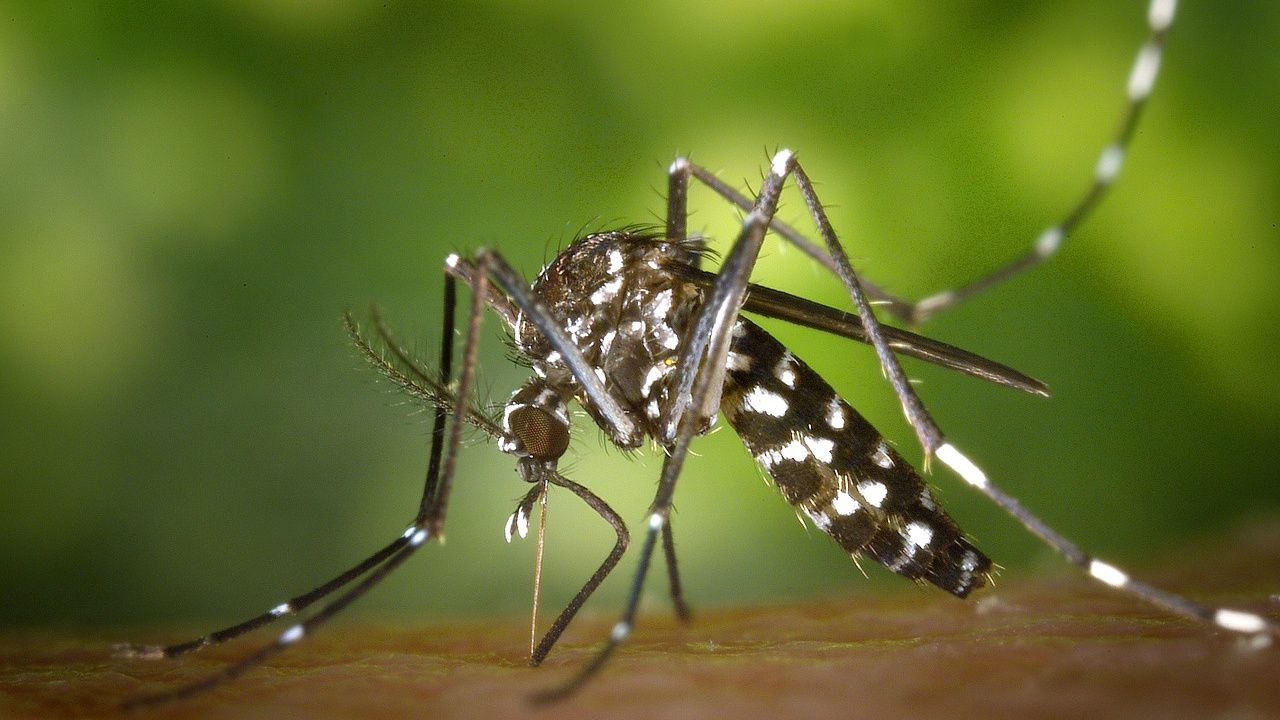The West Nile virus was recently detected in a Cumberland County resident, according to the Maine Department of Health and Human Services.
The virus was detected in a person in their 40s who had not recently traveled outside Maine. The state has not released additional details regarding the infected person.
“This is the first locally acquired WNV infection detected in a Maine resident since 2020 and the second Maine resident to become infected with WNV this year,” the department stated in a news release.
The most recent case is pending confirmation from the U.S. Centers for Disease Control and Prevention.
Mosquito-borne illnesses present a high risk to people living in Cumberland, Kennebec, Penobscot, Somerset and Waldo counties, according to Maine DHHS. The remainder of Maine’s counties are at an elevated risk.
West Nile, like Eastern Equine Encephalitis and Jamestown Canyon virus, is spread by the bite of an infected mosquito. It cannot spread from human to human or human to animal.
Initial symptoms are flu-like. Severe symptoms can include brain swelling and spinal cord inflammation.
“About one out of 150 people infected with WNV may develop a serious, sometimes fatal illness,” Maine DHHS stated. “For survivors, recovery may take several weeks to months, and some will have lifelong impacts.”
So far this year, West Nile has also been detected in 15 wild birds, according to DHHS.
Eastern Equine Encephalitis has been detected in four horses, two emus, one llama and a wild turkey.
Jamestown Canyon has been found in four groups of mosquitoes tested by the state.
“One person has now tested positive for locally acquired WNV and four domestic animals tested positive for EEE just last week,” Maine CDC Director Dr. Puthiery Va said. “Maine people know that mosquitoes are a nuisance, but we want people to be aware that they can also potentially lead to serious consequences for your health. Whether mowing the lawn, walking the dog, or enjoying a meal outside, we want all Maine people to remember to take precautions against mosquito bites whenever you go outside.”
Mainers are urged to take the following steps against mosquitoes, which are most active at dusk and dawn:
- Wear long sleeves and long pants;
- Use an EPA-approved repellent on skin and clothes;
- Use screens on windows and doors;
- Drain artificial sources of standing water around the home to help prevent mosquitoes from laying eggs.
Animal owners should talk to veterinarians about prevention in their pets and livestock.



